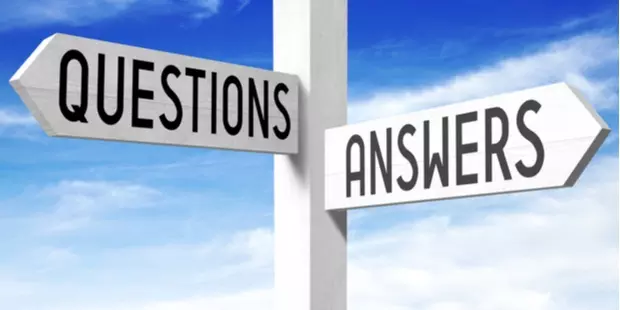While online poker rules are rather straightforward, the game itself is more complex than you might think.
There are dozens of changing factors you need to consider every time you play and place bets. You have to think about your position at the table, calculate your opponent’s chances of winning, and so on.
It takes a lot of skill to correctly assess your situation as you play poker, as it can be quite stressful. When the game is in full swing, you’ll feel the pressure to make crucial decisions in a moment’s notice.
But while poker pros can make the right moves with little effort, inexperienced players will find it more challenging. Since there are so many factors to consider and very little time to do so, most players will succumb to the pressure.
So instead of making calculated moves, they do the first thing that comes to mind without thinking about the consequences. That can lead to some unfortunate mistakes that you can easily avoid if you don’t lose your cool in the face of a stressful situation.
So how can you make sure that this won’t happen to you? What can you do to remain focused and in control even when you face the most challenging poker match? Well, you can prepare a list of questions to ask yourself when you’re overwhelmed. That way, you will be able to remain focused and increase your chances of making the best choices.
And the Questions are...
Here are some of the most useful and common questions that can help you stay on track as you play:
- What cards do I have? Are they strong enough to play at my current position?
- What cards do my opponents think I have?
- What cards might my opponents hold? And are they trying too hard to look like they have a strong hand?
- What kind of players are at the table? Are there any limpers at the table? Is there a loose player competing?
- Who’s the game’s main aggressor before and after the flop?
- What possible draws can help my goal? Or are there draws that can sabotage my bottom line?
- After the turn, did I get a card that helps be obtain a winning hand?
- What are the odds my opponent will have a better hand than me?
- Will I be able to bluff my way out of a dire situation?
- What can I learn about my opponents from how they played the last few hands?
Get the Answers You Need to Win
By asking yourself those ten questions every time you play, you will be able to figure out whether you should stay in the game or fold. The more you practice, the faster you will be able to get the answers you need to make the right decision.

